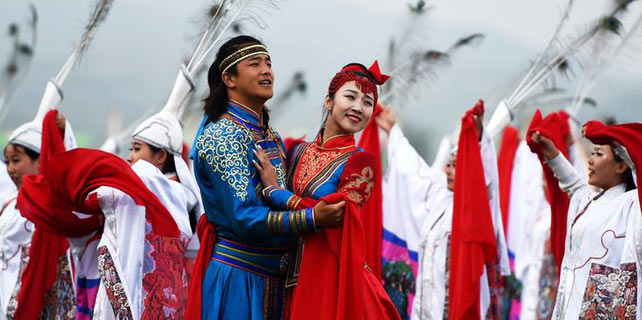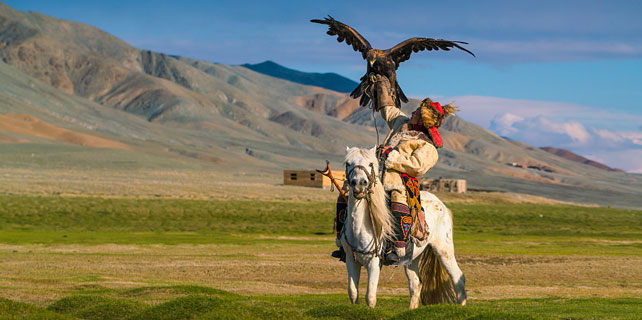Chinese tourists breathe new life into Egypt's tourism
 |
|
A Great Sphinx of Giza replica pictured at the Lanzhou Silk Road Cultural Relics Park in Lanzhou, Northwest China's Gansu province, on May 31, 2016. The 267-hectare park is built to develop animation, film, gaming and tourism industries in the city, which was once a major trading hub on the Silk Road. [Photo/IC] |
On my way to Egypt to visit my family, I was pleasantly surprised to discover that the flight was completely booked. I realized the possibility that my fellow Chinese had seized the opportunity of the low value of the Egyptian currency in comparison to its international counterparts, to discover the magical wonders of the ancient Egyptian civilization. By the way, one yuan is equivalent to about 2.7 Egyptian pounds.
Being inquisitive by nature, I chatted with some of the Chinese during the flight and in Egypt. I discovered that some found life in Egypt so welcoming that they have settled there while others came to see Egypt's historical sites. Some history buffs were anxious to quench their thirst for knowledge about the Egyptian ancient civilization. A couple of industrious people were there to promote their products through TV.
When I asked them why they had decided to visit Egypt during the hot summer season, they said this was the only period when they could take vacation. Some admitted that financial cost was another reason as a trip in summer costs much less than in winter.
While the majority of the Chinese tourists were visiting in groups, some were adventurous enough to travel alone. From my discussion with them, I discovered that a two-week trip to Egypt can cost about 10,000 yuan. The journey includes accommodation, flight and some meals along with the cost of visiting the intended sites. Most of the trips encompass visits to Luxor (the center of the historical sites), Aswan, El Hkardaga ( a tourist resort on the Red Sea and of course Giza, the location of the Great pyramids and the Sphinx. Few trips include spending few days in Alexandria or in Sharm El Sheik.
For some the pyramids in Giza were the highlights of the trip while for others the Egyptian Museum of Antiquities was an unforgettable experience. Most of them were fascinated by the mystery behind the historical sites in Luxor.
The unbearable hot summer and the crowded streets, especially of capital Cairo, were the major complaints. Some said taxi drivers took advantage of their lack of knowledge of Cairo and the Egyptian exchange rate to overcharge them.
They enjoyed the popular Egyptian dishes such as falafel (fried dough of fava beans and vegetables), kofta (barbecued mixture of minced meat and vegetables) and koushari (cooked rice, macaroni, lentils and onions). Despite being too sweet, some enjoyed basbousa (a famous Egyptian sweet pastry made from special flour backed and sweetened with a liquid of honey and butter.
During a visit to Alexandria, I had a chance to talk with the hotel manager where I was staying. He said that without the Chinese and Asian tourist groups, his hotel will be deserted.
As a Canadian who loves both China and Egypt, I wish to extend my gratitude toward Chinese for generosity of their spirit that prompted them to help revive the tourism industry in my birth country.






















